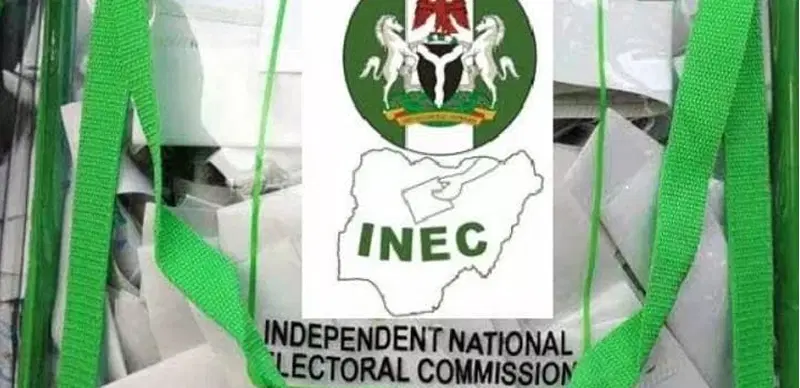ABUJA — The Independent National Electoral Commission (INEC) has drawn widespread reactions across Nigeria’s political landscape following its scathing verdict on the quality of local government elections conducted by State Independent Electoral Commissions (SIECs).
INEC Chairman, Prof. Mahmood Yakubu, on Tuesday, described the conduct of local polls nationwide as poor, attributing the shortcomings to systemic flaws within SIECs. He made the statement while receiving the new leadership of the Forum of State Independent Electoral Commissions of Nigeria (FOSIECON) in Abuja.
“The challenge of local government elections is the quality of the elections,” Yakubu said, while calling for collaboration between INEC, SIECs, political parties, and stakeholders to improve grassroots democracy.
His remarks have triggered a wave of reactions, with many stakeholders either aligning with his concerns or criticizing INEC’s own credibility in managing national elections.
Calls for INEC Takeover of Council Elections
Among those advocating for reform is Dr. Tanko Yunusa of the Obidient Movement, who stressed the need for credible local polls, suggesting INEC should be given the constitutional mandate to conduct local government elections to ensure fairness, equity, and transparency.
“There is no excitement in council elections anymore. People feel excluded because results are predetermined. INEC should handle them to restore credibility,” he stated.
Similarly, APC chieftain in Zamfara, Suleiman Shuaibu Shinkafi, called for an urgent constitutional amendment to transfer the conduct of local elections to INEC.
Political Stakeholders React
The African Democratic Congress (ADC) accused INEC of hypocrisy, citing its own failures in recent national elections despite heavy investments in electoral technology.
“The quality of elections in Nigeria, across all levels, has deteriorated under Yakubu’s leadership,” said Bolaji Abdullahi, ADC Interim National Publicity Secretary. “We need a total overhaul of the electoral system.”
In Lagos, the APC acknowledged the flaws in the structure of SIECs and backed national dialogue on reform. State spokesperson Mogaji Seye Oladejo called for collaborative efforts to strengthen institutions and enhance transparency.
Former Ondo PDP spokesman, Hon. Kennedy Peretei, however, dismissed INEC’s criticism, saying the commission lacks the moral authority to condemn others while struggling with its own credibility issues.
“The kettle cannot call the pot black,” he said, adding that INEC must first fix its internal challenges.
Faith, Regional and Civil Society Voices
Sunday Oibe of the Northern Christian Association of Nigeria (CAN) said council elections in Nigeria are a “mockery of democracy,” accusing state governors of turning the process into a tool for imposition rather than representation.
Echoing similar sentiments, Faduri Joseph (Fadojoe), a former Labour Party presidential aspirant, described local polls as “stage-managed affairs” and called for financial and administrative autonomy for local governments, as well as the creation of independent electoral commissions free from gubernatorial control.
Ijaw Youth Council’s former president, Eric Omare, warned that INEC’s own conduct risks degenerating unless urgent steps are taken to address impunity in electoral processes.
APC State Chapters Support Yakubu’s Verdict
In Bayelsa, Osun, Oyo, and Ondo states, APC officials acknowledged the validity of INEC’s concerns. The party’s spokespersons in these states decried the dominance of ruling parties in local polls and called for reforms that would guarantee autonomy and integrity.
“It’s disheartening that grassroots leadership has become the weakest link in our democracy,” said Oyo APC Chairman, Alhaji Olaide Abass.
Ondo APC’s Director of Media and Publicity, Hon. Steve Otaloro, added that although INEC’s points are valid, the commission must also reflect on its own performance, especially given public dissatisfaction with recent national elections.
The Way Forward
There is growing consensus that reform is overdue. Stakeholders are calling for a national conversation on the future of local government elections, with many proposing stronger oversight by INEC, constitutional amendments, and enhanced independence for SIECs.
Whether such calls will result in lasting change remains to be seen. But for now, the integrity of grassroots democracy remains under scrutiny—highlighting once again the urgency of electoral reform in Nigeria’s democratic journey.

Comments